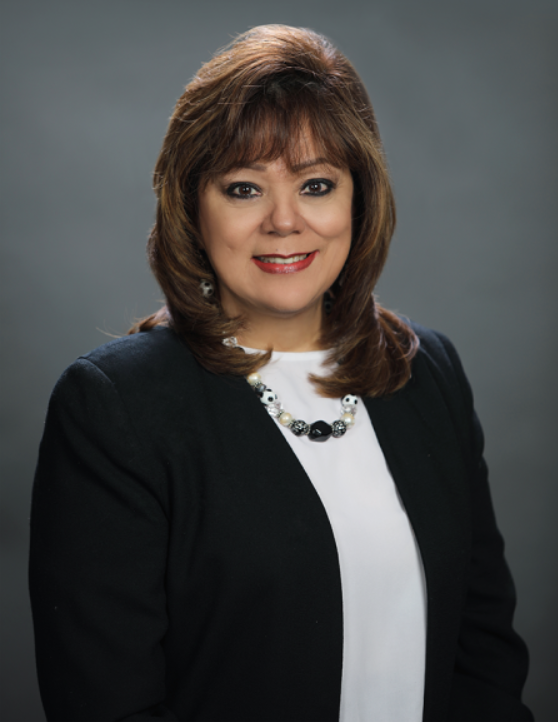By Catie George, Manager, Communications & Storytelling
For Hispanic Heritage Month, President and CEO of the Irving Hispanic Chamber of Commerce Mary Ann Kellam sat down with the Dallas Regional Chamber to discuss the historical importance of the holiday, how businesses can get involved, and her connections to her own Hispanic heritage.
Hispanic Heritage Month began as Hispanic Heritage Week in 1968. Twenty years later, President Ronald Reagan extended the holiday to be a month long.

“At that time, there was a demand for greater inclusion, representation, and acknowledgment that Latinos play an important role in the United States,” said Kellam. “With a growing number of Hispanics in the U.S., it’s important that the history is kept alive for future generations of Americans.”
The Irving Hispanic Chamber of Commerce honors the contributions of Hispanics by continuing to advocate for education and economic development in the Hispanic community. Kellam recently celebrated 10 years as President and CEO in October. Through her role, she focuses on helping Latinos in business succeed.
“The number of Latinos starting businesses is the highest of the startup population in America. Within that group, Latinas are starting businesses faster than the men,” said Kellam. “I want to make sure that they are starting businesses properly so they can succeed. With the help of Dallas College, we now have small businesses going through business classes and getting certified, so hopefully they can see that as a steppingstone to a better education.”
The Irving Hispanic Chamber of Commerce partnered with Dallas College in June 2022 after seeing how many businesses were missing key financials, could not apply for grants or funding, had no knowledge of human resources, or had other issues during the pandemic. The partnership will help provide a pipeline of education and workforce opportunities for residents of Irving.
The chamber also launched a Small Business Resource Center within their offices to provide one-on-one support and assist small businesses with whatever they might need.
Kellam encourages other businesses to get involved in any way they can.
“There are always opportunities for the business community to support and address challenges within the Hispanic community. I wish small businesses could learn to be more well-rounded. Sometimes they are so focused on making that next dollar that they miss that opportunity,” said Kellam. “I am working hard at helping them understand what is out there for them to learn and become more knowledgeable in their own business by getting involved in their community.”
Kellam herself helps Latinos in the upcoming generation through some of the organizations she supports.
“Most of my support in the Dallas Region has been around young, Hispanic girls—empowering them and showing them the road to a college education and a rewarding career. One organization I’ve been involved with since 1990 is the Hispanic Women’s Network of Texas,” said Kellam. “I have served many different roles in the past years, including Dallas Chapter President and State Chair of the Board. I still support it to this day.”
She also emphasizes the importance of older Latinas in corporate America. She is a member and huge supporter of DFW Hispanic-100, which serves as a catalyst for increased participation of Hispanic women in employment, procurement, and social issues.
As a third-generation Texan of Spanish and Mexican descent, Kellam was raised without much connection to either country. When she moved to Dallas, however, she was introduced to the Hispanic heritage she was not around growing up.
“There are so many variances to the Hispanic culture that if you weren’t raised in it, it’s very hard to follow each country,” she said. “Now that I know so much more about the culture, I am very happy to see that society is supporting and enjoying the culture, and that our future kids will know the rich history that is the Hispanic heritage and the cultural aspects of being a Latino-/Hispanic-/Spanish-/Mexican-American.”